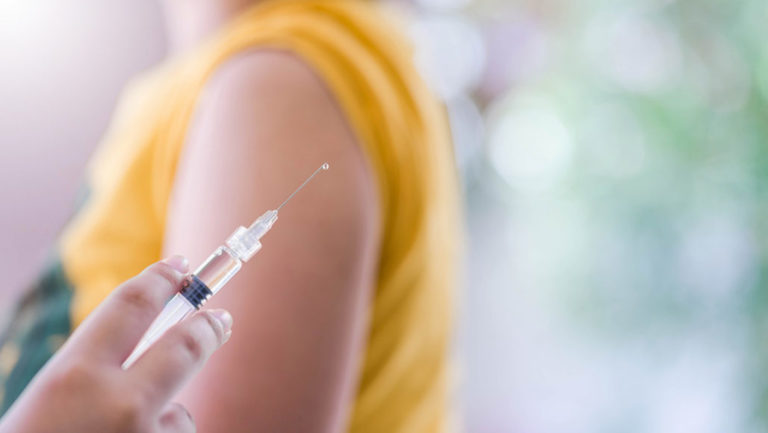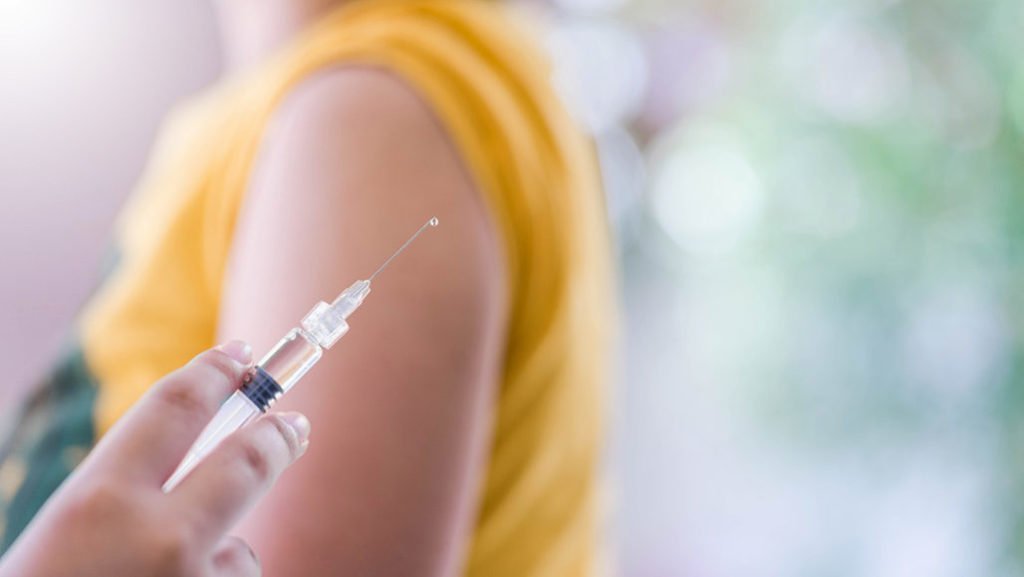
A new, more contagious, and a potentially lethal variant of the coronavirus is sweeping the United States, and health officials are concerned. The B.1.1.7 variant, discovered in the United Kingdom, is not only more easily transmitted, but also appears to be more lethal. Dr. Anthony Fauci warned about it in a White House coronavirus update on Friday.
A Vaccine To Protect Against A New Variant
It was discovered in Colorado at the end of December, according to Dr. Anthony Fauci, director of the National Institute of Allergy and Infectious Diseases and President Biden’s chief medical adviser.

“Since then, it has been detected in 50 jurisdictions in the United States, and it is likely that it now accounts for about 20 to 30 percent of the infection
However, vaccines appear to provide adequate protection against B.1.1.7, and treatments such as monoclonal antibodies appear to be effective against this variant, according to Fauci. This makes it more important than ever to get people vaccinated as soon as possible, he says.
“The way we can combat 1.1.7, which is a growing threat in our country, is to do two things: first, get as many people vaccinated as soon as possible with the vaccine that we know works against this variant, and second, implement the public health measures that we talk about all the time… masking, physical distancing, and avoiding congregant settings, particularly indoors. However, vaccines appear to protect well against B.1.1.7, and treatments such as monoclonal antibodies appear to work against this variant as well, according to Fauci.
This makes it more important than ever to get people vaccinated as soon as possible, he said.”The way we can combat 1.1.7, which is becoming a growing threat in our country, is to do two things:
To obtain as much as possible real-world use of the Pfizer/BioNTech and Moderna vaccines shows that, while the B.1.1.7 variant can evade the immune response elicited by immunization, it is not enough to render the vaccines less effective in protecting people.
That’s because vaccines elicit a broad immune response, so even if it’s slightly weakened, it’s still effective.
BioNTech’s Ugur Sahin and colleagues tested blood from 40 volunteers who had received the Pfizer/BioNTech vaccine against lab-engineered versions of the B.1.1.7 variant.
“The vaccine remained effective against B.1.1.7, with a slight but significant decrease in neutralization, which was more noticeable in participants under the age of 55.”
As a result, the vaccine provides a significant ‘cushion’ of protection against this variant,” the researchers wrote in Science.
Similarly, Kai Wu of Moderna and a team at the NIAID tested blood from volunteers for B.1.1.7 antibodies.
The variant “had no effect on neutralization.” What concerned them was the virus’s ability to acquire more mutations.
Doctors are concerned about several variants, including the B.1.351 variant, which was discovered in South Africa, and the P.1 variant, which is now common in Brazil.
Both have the E484K mutation, which appears to significantly evade the body’s immune response.
“Worryingly, we have demonstrated that there are multiple B.1.1.7 sequences bearing E484K in the UK, with early evidence of transmission as well as independent acquisitions,” they wrote.
Although it was less effective against mild disease in South Africa and Brazil than in the United States, clinical trials showed that it significantly reduced serious disease, hospitalizations, and deaths.
Viruses are constantly evolving, and some of these mutations have taken hold in variants that have emerged in the United States, especially in California and New York.
Some of the modifications they bring are what make the B.1.351 and P.1 variants so much more dangerous than B.1.1.7.
As a result, according to Fauci and the CDC, it’s even more important to get as many people vaccinated as possible before the variants spread.